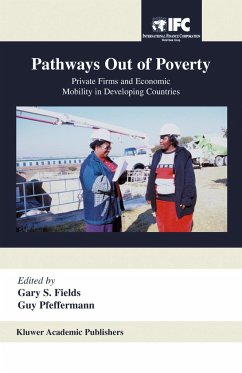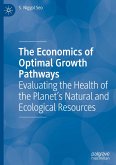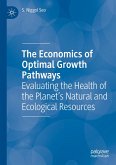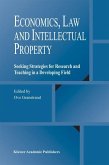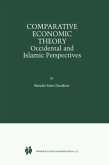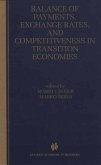Until recently, development economists tended to assume a role for private enterprise in reducing poverty, but they didn't articulate it explicitly. The new institutional economics literature, with its emphasis on transaction costs, addresses the environment in which private businesses operate in various countries - the "investment climate".
Building on this new thinking, Pathways Out of Poverty begins by citing the worldwide drop in the number of very poor people and goes on to identify the ways in which private firms and farms contribute to economic mobility and poverty reduction and what governments can do to enhance this contribution. In four Parts, the editors and contributors address economic mobility, offer numerous global examples, consider the importance of good investment climates, and examine the impact of public policies and public attitudes. Their theory, hard economic analysis, and case studies provide rich and innovative mechanisms for reducing poverty in developing and transition countries.
Hinweis: Dieser Artikel kann nur an eine deutsche Lieferadresse ausgeliefert werden.
Building on this new thinking, Pathways Out of Poverty begins by citing the worldwide drop in the number of very poor people and goes on to identify the ways in which private firms and farms contribute to economic mobility and poverty reduction and what governments can do to enhance this contribution. In four Parts, the editors and contributors address economic mobility, offer numerous global examples, consider the importance of good investment climates, and examine the impact of public policies and public attitudes. Their theory, hard economic analysis, and case studies provide rich and innovative mechanisms for reducing poverty in developing and transition countries.
Hinweis: Dieser Artikel kann nur an eine deutsche Lieferadresse ausgeliefert werden.

